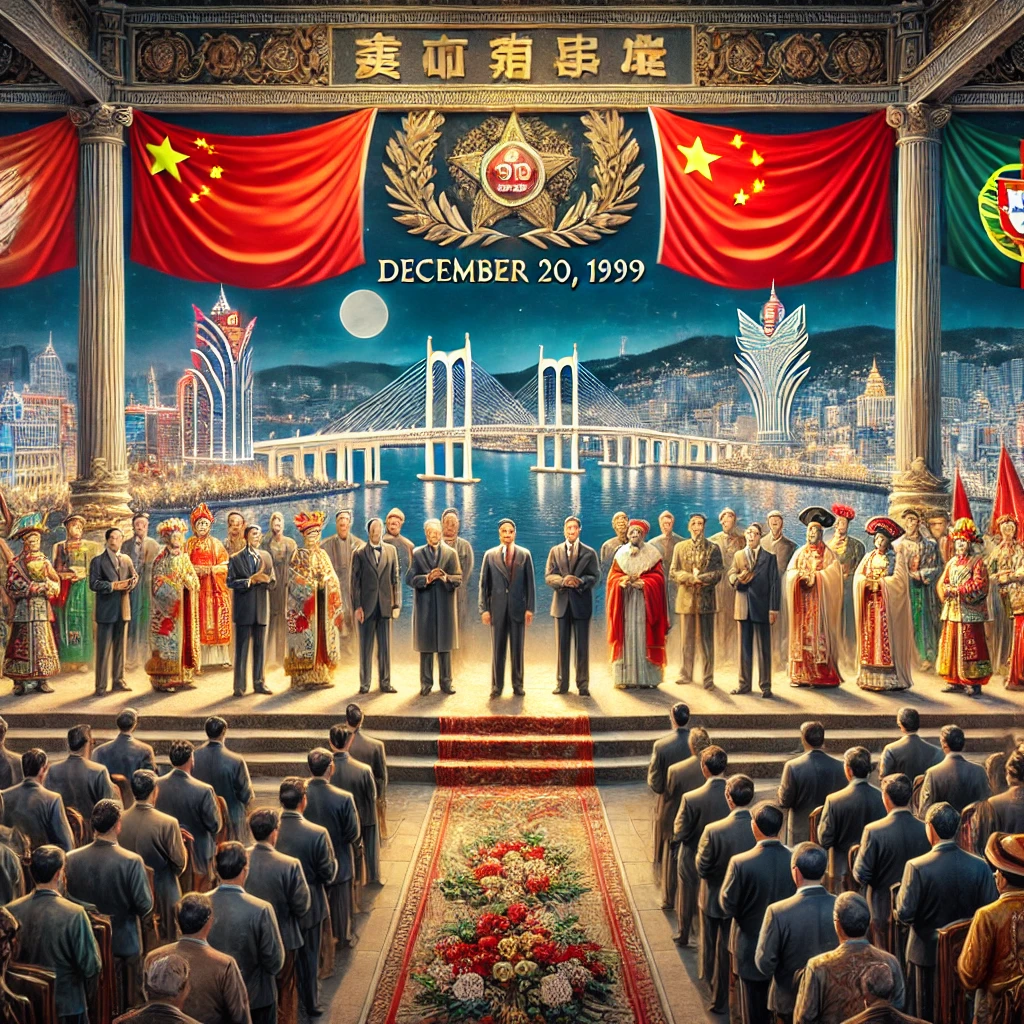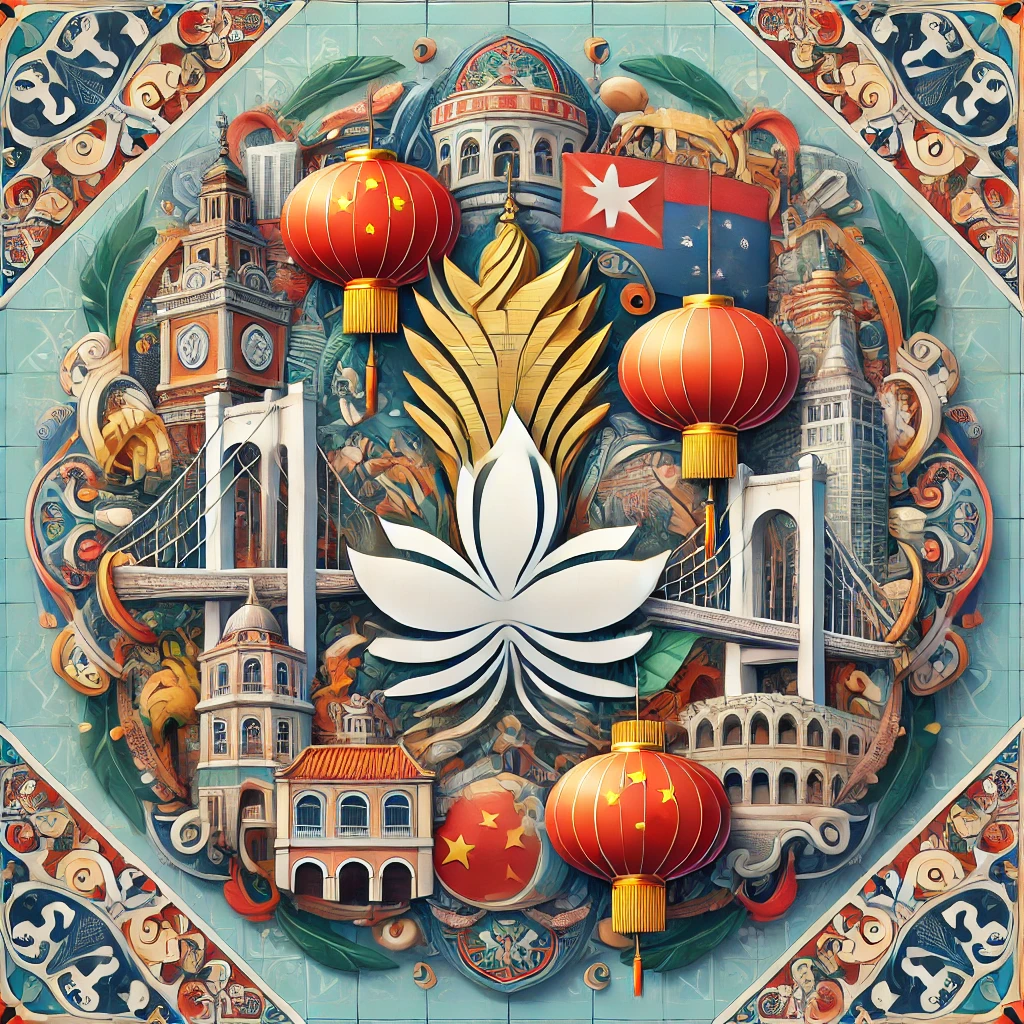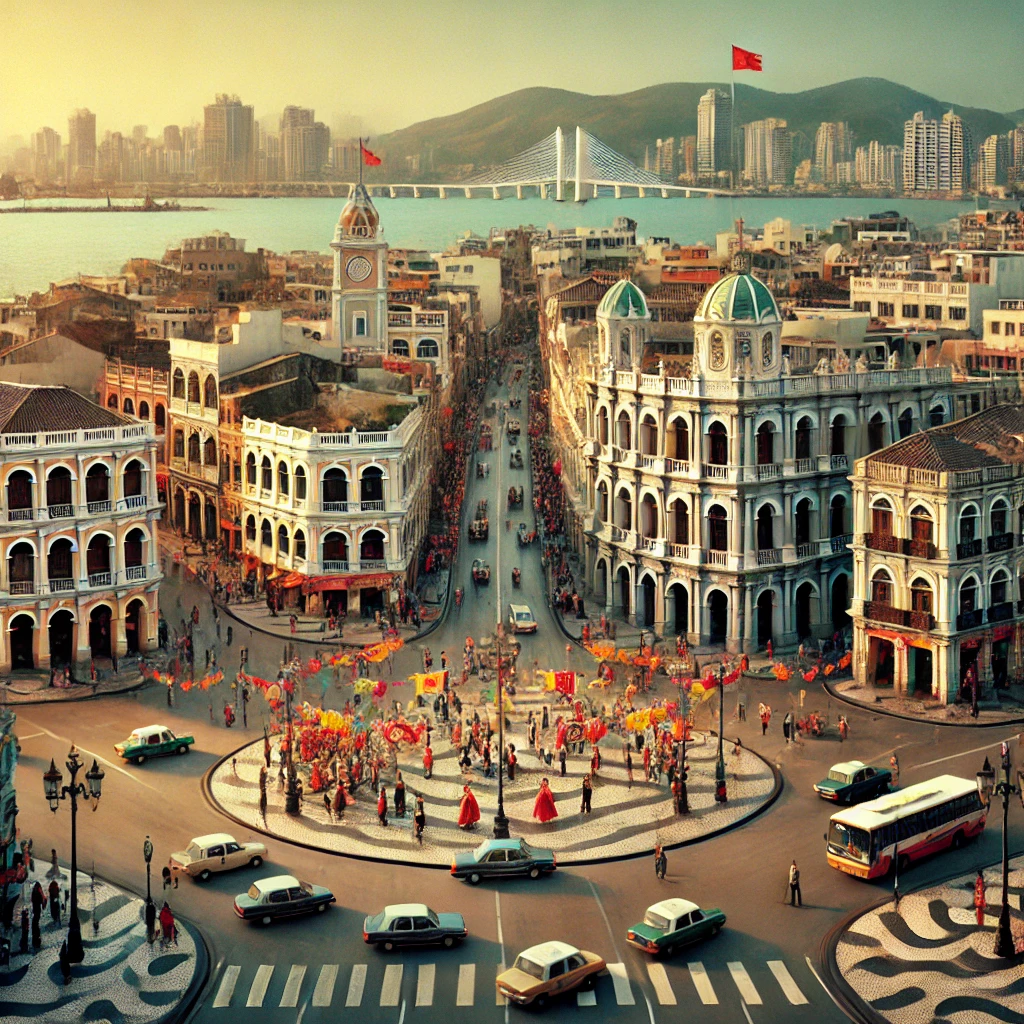On December 20, 1999, the Portuguese colony of Macau was officially handed back to China, ending over four centuries of European colonial rule. This historic transfer marked a pivotal moment not only for Macau but also for China’s growing influence in the region. The ceremony, filled with cultural symbolism and political significance, brought a close to an era and paved the way for Macau’s transformation into a thriving hub under Chinese sovereignty.

A Colony’s Long Legacy
Portugal first established a foothold in Macau in the mid-16th century, making it one of the earliest European colonies in Asia. For centuries, Macau served as a vital trading post, linking Europe with China and other parts of East Asia. Its blend of Portuguese and Chinese cultures became a hallmark of the territory, reflected in its architecture, cuisine, and traditions.
Despite its economic importance, Macau’s colonial status often faced challenges, particularly as China’s geopolitical landscape evolved. By the late 20th century, with decolonization movements gaining momentum worldwide and China’s own push for reunification with Hong Kong and Macau, the future of the colony was clearly intertwined with China’s resurgence on the global stage.
The “One Country, Two Systems” Model

The handover of Macau was governed by the “One Country, Two Systems” principle, a framework proposed by Chinese leader Deng Xiaoping. This model, which had been implemented two years earlier during the Hong Kong handover, allowed Macau to retain a high degree of autonomy for 50 years, maintaining its own legal, economic, and financial systems.
Under this agreement, Macau’s unique cultural identity and capitalist economy were preserved while it became a Special Administrative Region (SAR) of China. This arrangement demonstrated China’s commitment to respecting the historical and cultural diversity of its regions, while also asserting its sovereignty.
Lasting Impact and Modern Significance
Since the handover, Macau has undergone significant changes. Its economy, traditionally centered around trade, has shifted toward tourism and gaming, transforming the city into the “Las Vegas of Asia.” This economic boom has brought unprecedented prosperity to the region, but it has also raised questions about sustainability and social inequality.
Politically, Macau’s integration into China has generally been smooth, with less social unrest compared to neighboring Hong Kong. However, concerns about preserving Macau’s autonomy and cultural heritage remain prominent among its residents.
A Symbol of Cooperation

The handover of Macau symbolizes more than just a territorial transfer. It represents a moment of international cooperation and the peaceful resolution of historical legacies. Portugal and China’s negotiations demonstrated how diplomatic dialogue could address complex issues of sovereignty and cultural identity without conflict.
Today, Macau stands as a testament to the blending of East and West, offering a unique example of how historical transitions can shape modern identities. The handover’s lessons resonate in discussions about governance, cultural preservation, and international relations, highlighting the enduring significance of this historic event.
